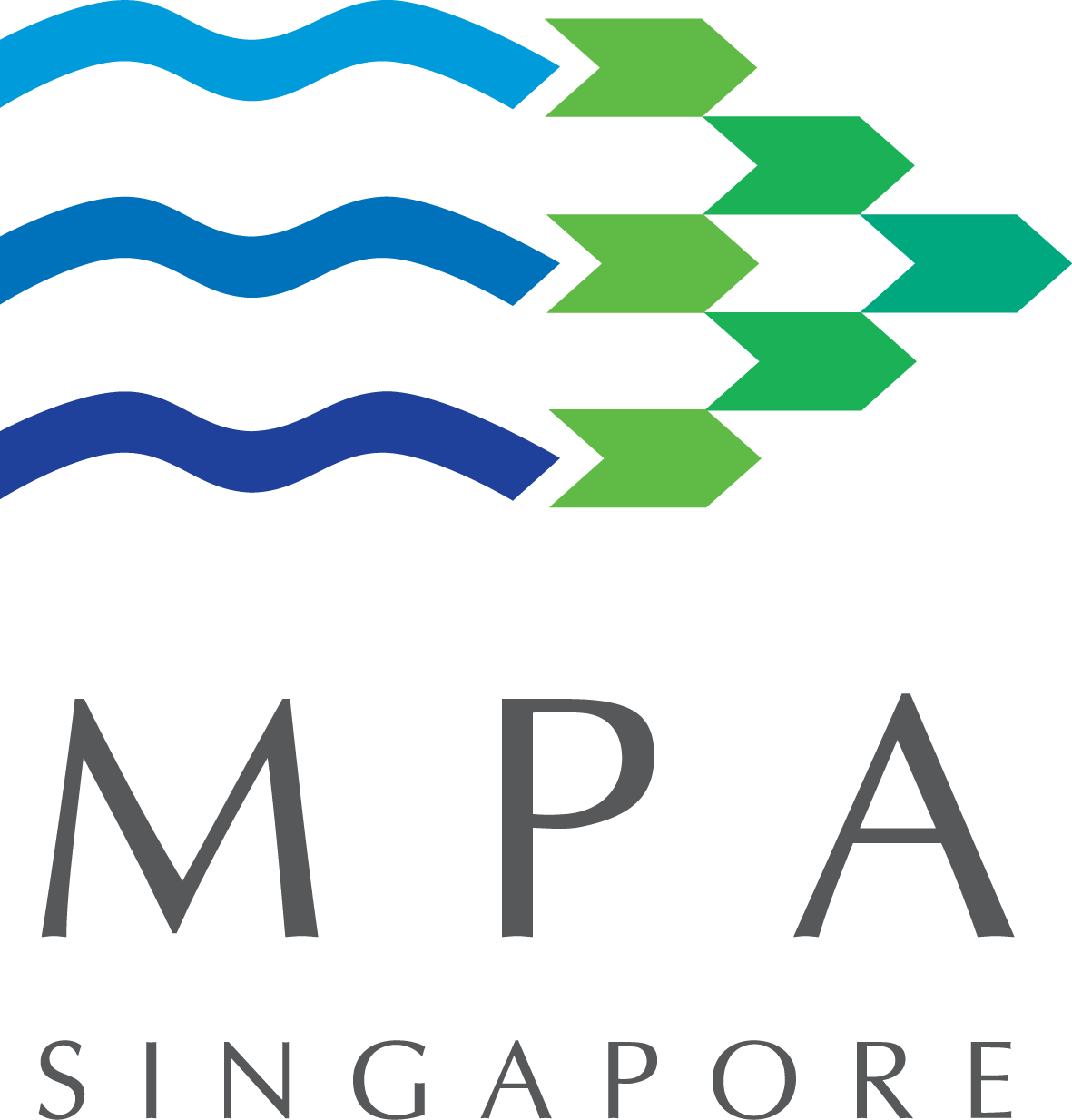Bunkering Services
MPA assures the quality of supplies and services to all parties within the bunker supply chain as well as the effective, safe and secure bunker delivery operations.
Safe and efficient bunkering management
With today’s ultra-efficient marine engines, bunker quality is critical to efficient fuel consumption and minimising engine wear and tear. All vessels bunkering in Singapore can be assured of the quality and quantity of bunker, as well as safe and efficient delivery.
The Maritime and Port Authority of Singapore (MPA) ensures these benchmarks through several standards and codes of practice, which have now been adopted by the International Organisation of Standardisation (ISO) in establishing international best practices.
The Code of Practice for Bunkering or SS 600 promotes a safe, reliable and transparent framework for bunkering operations, assuring customers of the bunker quality and quantity loaded in Singapore. Learn more about the Singapore Standard Code of Practice for Bunkering – SS 600.
Quality Management for Bunker Supply Chain standard or SS 524, covers the entire bunker supply chain, helps suppliers to establish an unbroken chain of control over bunker supplied in Singapore. This enables effective and efficient management of supplies, assuring customers of the quality of bunker purchased in Singapore. Learn more about the Singapore Standard Specification for Quality Management for Bunker Supply Chain (QMBS) – SS 524.
All bunker suppliers and bunker vessel operators in Singapore waters are licensed and must be accredited by the MPA. To maintain their bunkering licences, suppliers must continually achieve the accreditation qualifications.
Quality and convenient bunker fleet management
As part of the International Maritime Organization (IMO) requirement to phase out single-hulled tankers and as part of the MPA’s drive to secure a younger, more efficient and environment-friendly fleet of bunker tankers, Singapore has introduced the Gate System, which sets age limits and other conditions for issuing new harbour craft licences for bunker tankers, and deadlines for phasing out existing single-hulled bunker tankers carrying Heavy Grade Oil (HGO) in the Singapore port.
To encourage a younger and more efficient bunker fleet, the MPA waives the port dues for new double-hulled bunker tankers for a period of five years. To cater to this fleet of larger double-hulled bunker tankers and without compromising safety, the pilotage exemption limit for bunker tankers has been raised to 7,000 gross tonnage from 5,000 gross tonnage previously.
The MPA offers concessions of more than 40% of port dues to vessels of 20,000 gross tonnage and above that make use of designated Special Bunkering Anchorages (SBA) slots when conducting their bunkering operations. Bookings and allocation of SBA slots can be made electronically.
Port clearance procedures have been simplified for easier and faster bunkering operations within the Port of Singapore.
MPA strives to provide satisfaction and service to all stakeholders. Our various schemes are intended to help defray business costs, promote value-for-money bunkering services and provide convenience to all parties within the bunker supply chain. We aim to make the entire bunkering process as simple as “drive in ’n fill ’er up”.
Constant communication with bunker industry players
MPA continuously promotes communication and consultation on key issues concerning the industry. Several platforms are made available for our stakeholders to engage in dialogue and provide feedback.
The Bunker Quality Advisory Panel provides a high-standard, systematic procedure for sample testing, review of test results and provision of technical advice to the shipping community in cases of off-specification fuel delivery.
The Bunker Working Group evaluates suggestions and feedback from the bunker industry. It also identifies and proposes measures to further enhance bunker quality and quantity in the Port of Singapore.
The Marine Fuel Forum is a series of MPA-sponsored forums organised on a regular basis offering the opportunity for industry-wide networking.
